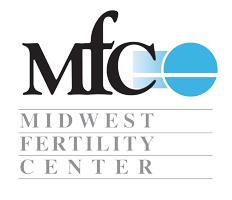Improvements in reproductive medicine have created new potential for couples struggling with infertility. The innovative technique of In Vitro Fertilization (IVF) has revolutionized the field of assisted reproductive technology. This procedure offers hope to individuals and couples who dream of starting a family but face challenges in conceiving naturally. In this blog post, we will explore the intricacies of IVF and the potential benefits they bring to those seeking to overcome infertility.
IVF is widely recognized as a successful fertility treatment that has helped millions of couples worldwide. IVF involves the fertilization of eggs with sperm outside the body, in a laboratory setting. This procedure offers hope to couples facing a range of fertility issues, including blocked fallopian tubes, endometriosis, ovulation disorders, or unexplained infertility.
The IVF process begins with ovarian stimulation, where fertility medications are administered to the woman to encourage the development of multiple eggs. Once the eggs have matured, they are retrieved through follicular aspiration. This is done under general anesthesia with ultrasound guided needle aspirating the follicles in the ovaries. In the laboratory, the eggs are then combined with sperm, either through traditional IVF or ICSI (injecting individual sperms into each egg), depending on the specific circumstances. After fertilization, the resulting embryos are cultured for a few days before being transferred to the woman’s uterus. Pregnancy rates are extremely high with this approach.
IVF provides a comprehensive approach to fertility treatment, addressing various causes of infertility. It offers couples the opportunity to conceive using their own genetic material (sperm and egg), or, if necessary, using donor eggs or sperm. The success rates of IVF depend on several factors, including the age of the woman, the quality of the embryos, and the expertise of the medical team. While success rates can vary, IVF has proven to be a highly effective option for many couples struggling with infertility with remarkably high success rates expected.
IVF has revolutionized the field of assisted reproductive technology, offering hope to couples facing infertility challenges. This procedure has significantly improved the chances of conception for individuals with male factor infertility or other fertility issues. With ongoing advancements, the future of fertility treatments looks promising, providing renewed hope for those longing to start a family.

